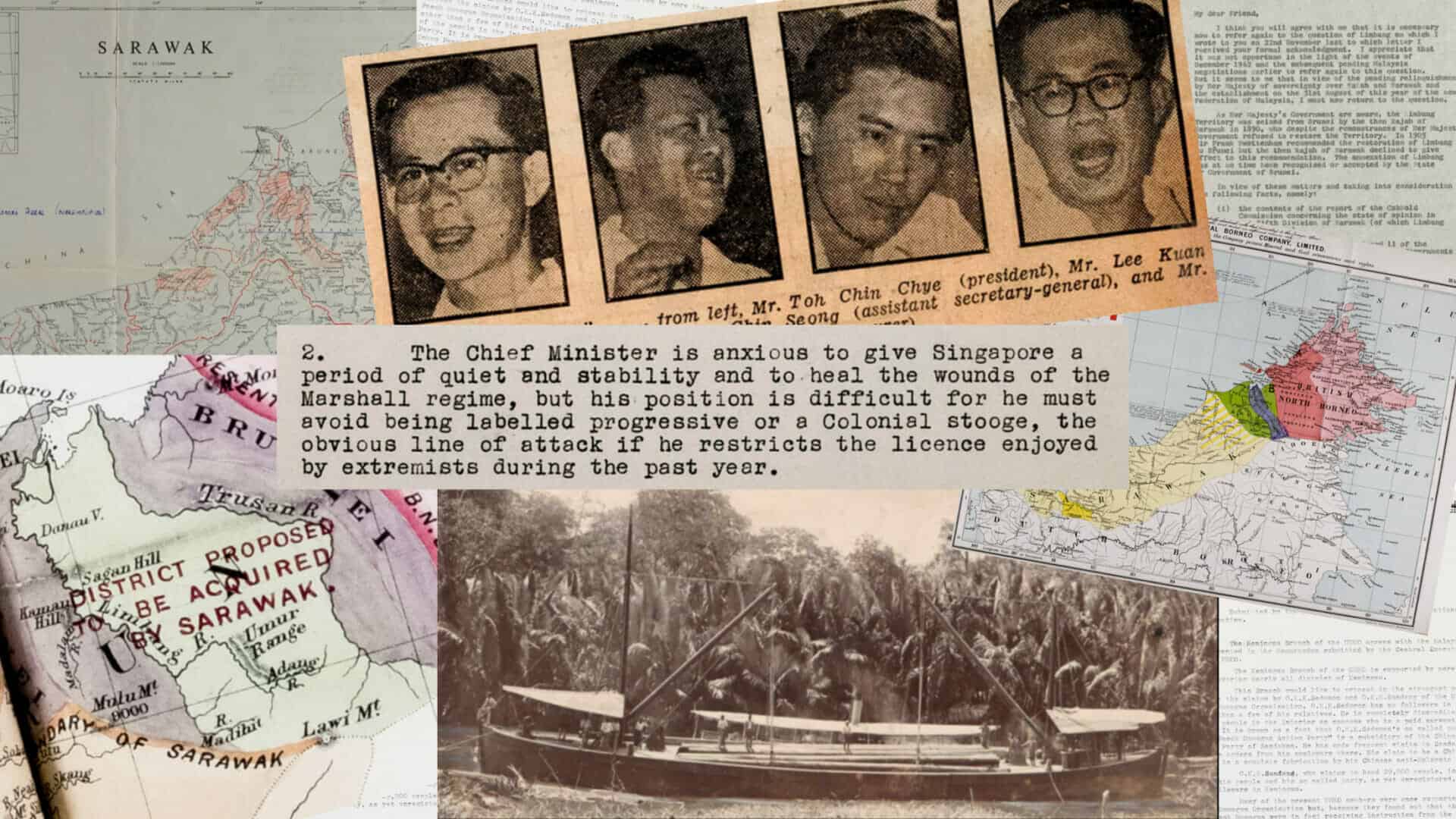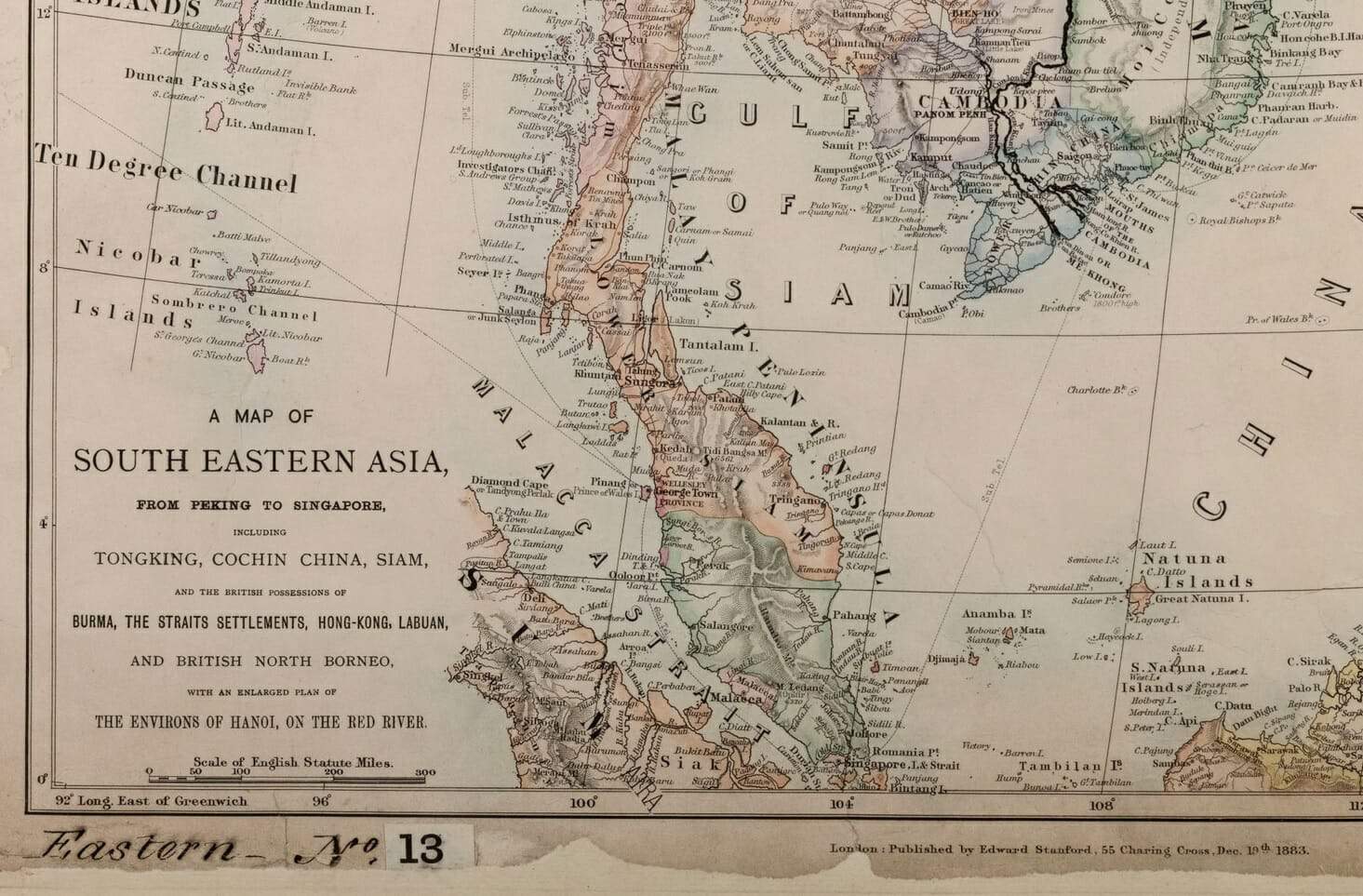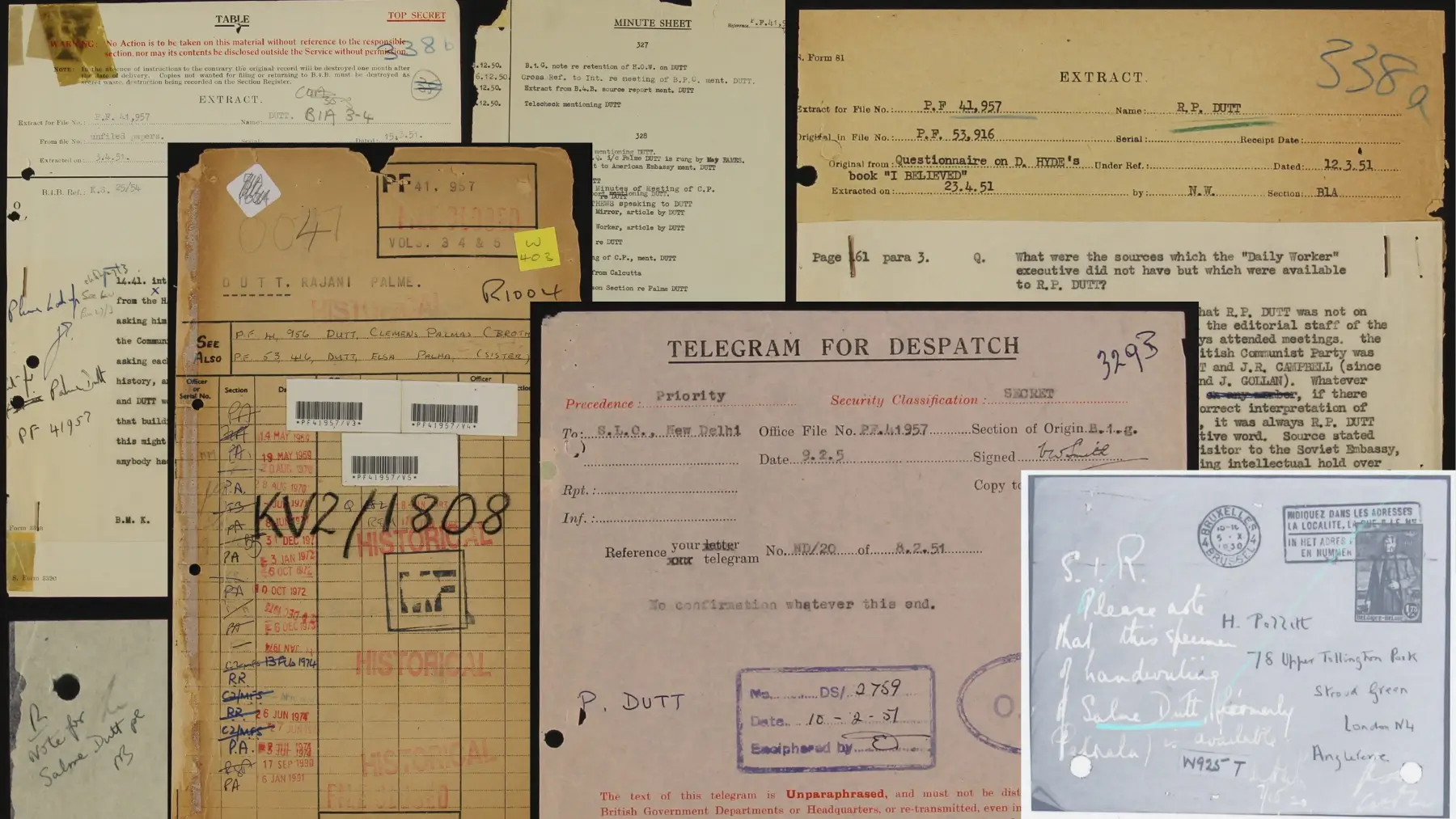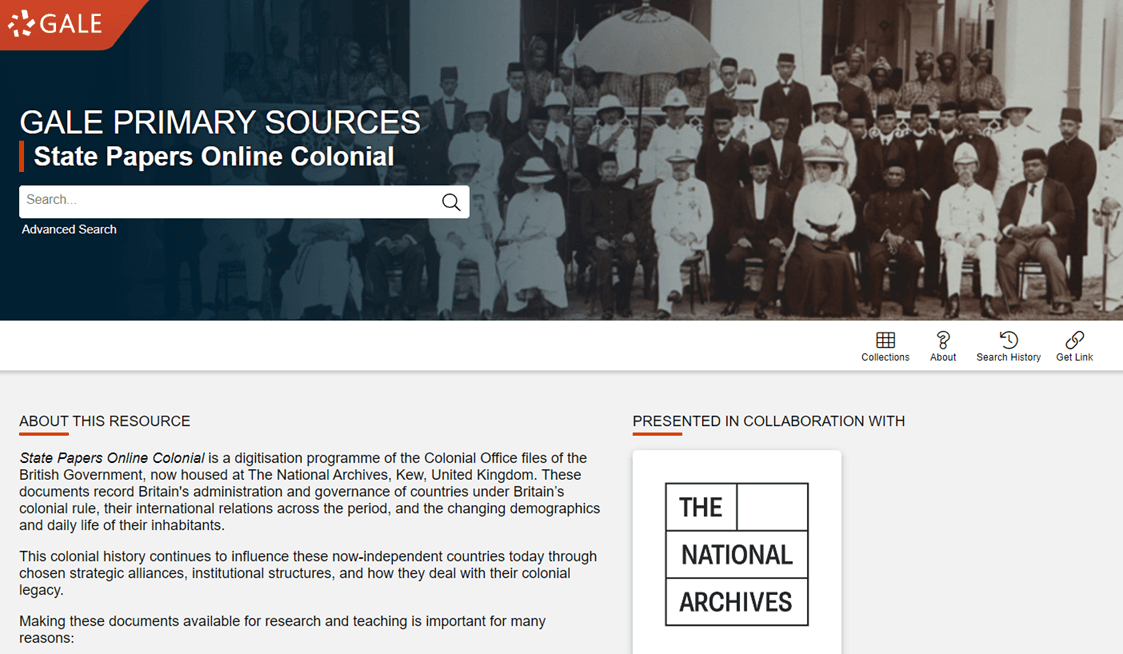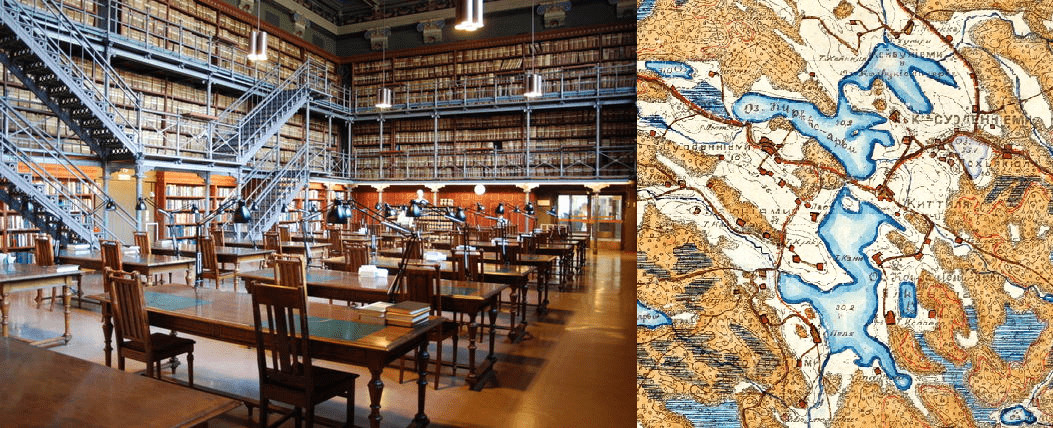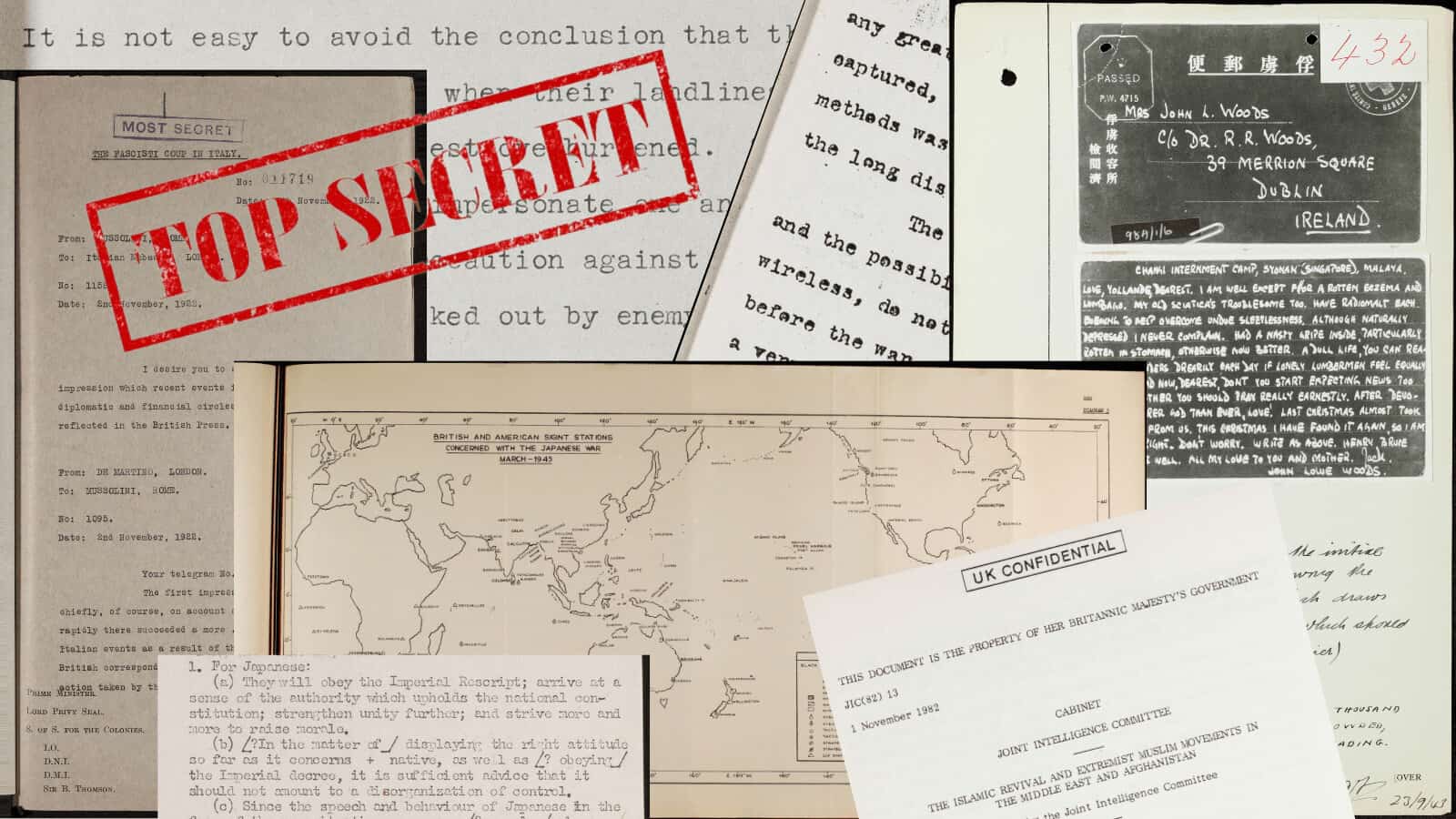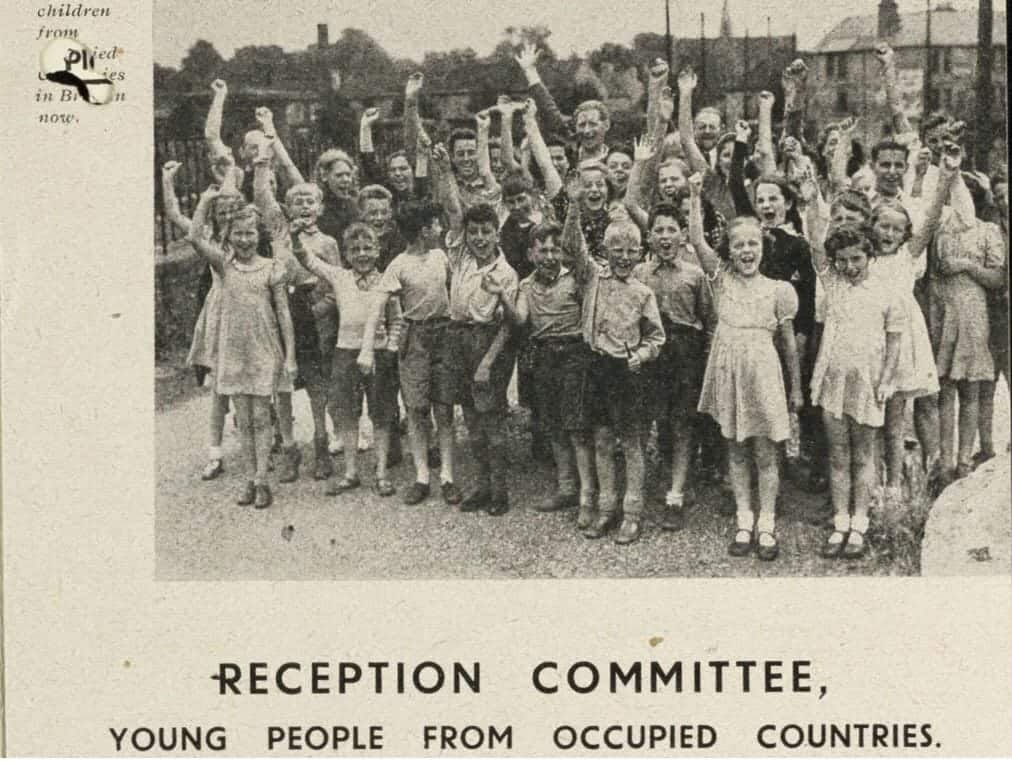|By Julia de Mowbray, Publisher at Gale |
September 2023 marks the hundredth anniversary of the birth of Lee Kuan Yew (1923—2015), the founder of the People’s Action Party, Prime Minister of Singapore between 1959 and 1990, and a Member of the Singapore Parliament until his death in 2015. This month also sees the launch of State Papers Online Colonial: Asia, Part II: Singapore, East Malaysia and Brunei, the digitisation of the British Colonial Office files documenting the Colonial Office’s activities in these territories until independence. The coincidence is poignant as Lee Kuan Yew founded the People’s Action Party to fight for independence from colonial rule, and led Singapore first to independence from the British, then from Malaysia, and on to an envied economic and social success story.

